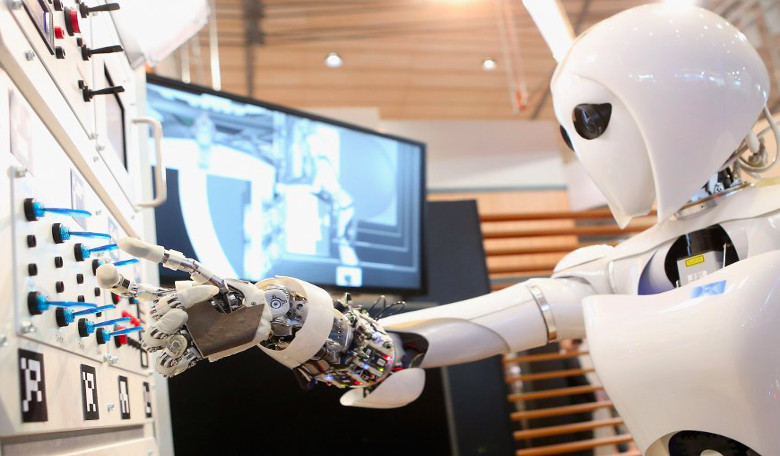A new robotic and space-focused artificial intelligence program, with an aim to perform complex tasks on long missions with minimal human interaction has been created in the UK as part of the government’s £84million funding of space science and technology projects.
Led by the University of Surrey, the Future AI and Robotics for Space (FAIR-SPACE) Hub will be funded by £22.3 million from over twenty space organisations, as well as through a £6.7 million grant from the Engineering and Physical Sciences Research Council (EPSRC) and the UK Space Agency (UKSA).
FAIR-SPACE plans to go beyond the-state-of-the-art in robotic sensing, perception, mobility and manipulation by tasking future on-orbit robots with repairing satellites, manufacturing in space, removal of space junk and assembling large space telescopes. Novel technologies for planetary rovers that will be equipped for surveying, observation, extraction of resources, and deploying infrastructure for human arrival and habitation are also in the pipe-line.
Other projects include assessing the feasibility of astronauts and robots working together onboard the International Space Station and for the possible inclusion with the future Moon Village mission – an ESA-led initiative open to any and all interested parties and nations.
The research will merge the best available software solutions and off-the-shelf hardware with trail-blazing innovations to accelerate the prototyping of autonomous systems in a scalable way. The University of Surrey will be doing this alone however and have teamed up with Imperial College London and the Universities of Edinburgh, Liverpool, Salford and Warwick on the core research programme of the Hub.
Professor Yang Gao, Hub Director of FAIR-SPACE, Professor of Space Autonomous Systems and Associate Dean at the University of Surrey, said: “This is an incredible opportunity for the University of Surrey and the whole country to play a pivotal role in how humankind explores space, our moon and beyond. We have a very talented team at Surrey and a proud heritage of producing leading research in space science and technology. We believe, with the support of our partners, FAIR-SPACE will be another chapter in this illustrious history.”
As humans extend their reach into space, they will increasingly rely on robots enabled by artificial intelligence to handle many support functions and repetitive tasks and it is expected that FAIR-SPACE will not only address these future space requirements, but that it will also transfer research outputs and technology to other sectors beyond space such as nuclear, deep mining and offshore energy.











